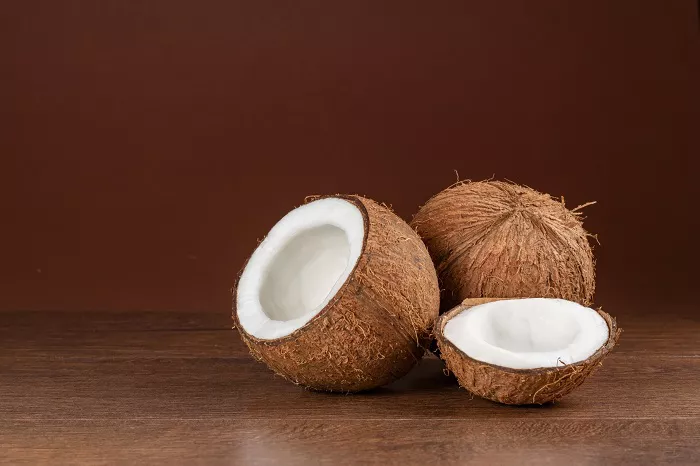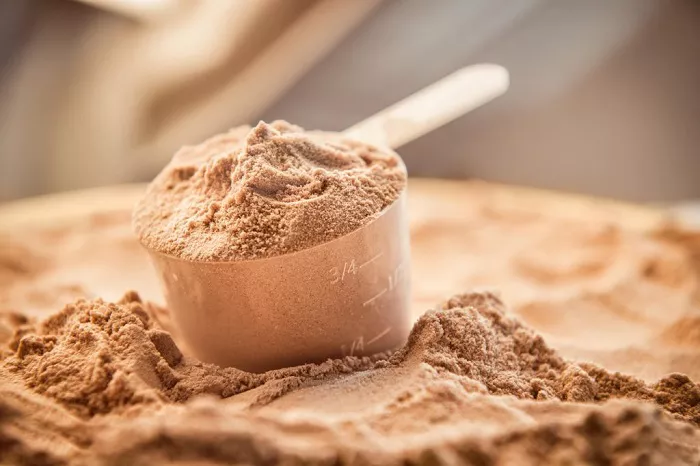Scars have a way of telling a story. They can be reminders of accidents, surgeries, or even battles with various skin conditions. While they can be symbols of strength and resilience, many of us seek ways to minimize their appearance. In our quest for natural remedies, coconut has emerged as a promising ally. This article delves into the question, “Is coconut good for scars?” as we explore the science behind coconut’s healing properties and its potential in improving the appearance of scars.
The Science of Scars
Before we explore the role of coconut in scar treatment, it’s essential to understand the science behind scars. Scars, fundamentally, are the result of the body’s natural healing process. When the skin is injured, whether due to a cut, burn, or surgery, the body responds by producing collagen fibers to mend the damage. This collagen production can sometimes be excessive, leading to raised or hypertrophic scars, or inadequate, resulting in atrophic scars. Finding a natural remedy that can influence this process is a promising avenue for scar management.
Coconut: A Natural Healer for Scars
Coconut, often referred to as the “tree of life,” has been celebrated for its numerous health benefits. Among its many uses, coconut’s potential in scar management has piqued the interest of researchers and skincare enthusiasts alike. Let’s delve into the ways in which coconut might be good for scars.
Coconut Oil: A Skin Savior for Scars
One of the primary components of coconut that has garnered attention for scar treatment is coconut oil. This natural emollient is rich in fatty acids, such as lauric acid, caprylic acid, and capric acid. These fatty acids possess antimicrobial and anti-inflammatory properties, which can aid in preventing infections and reducing inflammation around scars.
Studies have suggested that massaging coconut oil into scars can help improve their appearance. The gentle rubbing action promotes blood circulation, facilitating the delivery of nutrients to the scar tissue. This, in turn, may support the natural healing process and reduce the prominence of scars over time.
Coconut Oil and Keloid Scars
Keloid scars are a specific type of raised scar that tends to be more challenging to manage. They result from an overproduction of collagen during the healing process. While managing keloids can be challenging, some individuals have reported positive outcomes from using coconut oil.
It’s important to note that the effectiveness of coconut oil for keloid scars can vary from person to person. While some may see significant improvements, others may not experience the same results. As with any scar treatment, consistency and patience are key.
Coconut Water: Hydration for Scar Healing
While coconut oil is often in the spotlight, coconut water shouldn’t be overlooked in the quest to improve scars. Scars thrive in a well-moisturized environment, as dry skin can exacerbate their appearance. Coconut water, being rich in vitamins and minerals, is an excellent natural hydrator for the skin.
Regular consumption of coconut water can help keep the skin hydrated from within, potentially benefiting scar healing. Additionally, using coconut water topically as a natural toner or mist can provide a refreshing burst of hydration to scars.
Coconut and Scar Massage: A Winning Combination
An effective way to harness the benefits of both coconut oil and coconut water for scars is through massage. Massaging the affected area with a blend of coconut oil and coconut water can have a synergistic effect. The massage promotes blood circulation and helps the skin absorb the nutrients present in coconut oil and the hydrating properties of coconut water.
When engaging in scar massage, it’s essential to be gentle and patient. The process should not be painful, and consistent application over an extended period may yield the best results for scar improvement.
Scientific Evidence: What Research Says About Coconut and Scars
While the anecdotal evidence supporting the use of coconut for scars is encouraging, it’s essential to consider scientific studies. Research in this area is still evolving, but some studies have provided insights into the potential benefits of coconut for scar management.
One study published in the “Journal of Clinical and Aesthetic Dermatology” in 2010 explored the effects of virgin coconut oil on scars. The study found that coconut oil had a positive impact on the appearance of scars in a majority of participants, particularly in terms of improvement in scar color and texture.
Another study published in the “International Journal of Dermatology” in 2013 investigated the use of coconut water as a topical application for scars. The researchers observed that coconut water had a hydrating effect on the skin and could potentially aid in scar healing by maintaining skin moisture.
While these studies are promising, it’s important to remember that individual responses to coconut-based treatments can vary. What works for one person may not work as effectively for another. Therefore, it’s advisable to consult with a dermatologist or skincare professional before incorporating coconut-based remedies into your scar management routine.
Tips for Using Coconut for Scars
When considering the use of coconut for scars, keep these tips in mind for a safe and effective experience:
Patch Test: Before applying any coconut-based product to your scars, perform a patch test on a small, inconspicuous area of skin to check for any adverse reactions or allergies.
Use High-Quality Products: Opt for high-quality, organic coconut oil and coconut water products to ensure purity and effectiveness.
Massage Gently: When massaging coconut oil or a blend of coconut oil and coconut water onto scars, be gentle and avoid excessive pressure.
Consistency Matters: Consistency is key when using natural remedies. Apply the chosen coconut-based product regularly and be patient; improvements may take time.
Consult a Professional: If you have concerns about your scars, it’s always wise to consult a dermatologist or skincare specialist for personalized advice and treatment options.
Conclusion
In the quest to improve the appearance of scars, coconut has emerged as a natural ally. From coconut oil to coconut water, this tropical gem offers various potential benefits for scar management. While scientific research is ongoing, many individuals have reported positive outcomes when using coconut-based products on their scars.
The journey to scar improvement is unique for each person, and what works best may vary. However, with the proper care, patience, and consultation with skincare professionals, coconut could play a valuable role in your quest to make scars tell a less prominent story of resilience and healing.
[inline_related_posts title=”You Might Be Interested In” title_align=”left” style=”list” number=”6″ align=”none” ids=”2344,2388,2288″ by=”categories” orderby=”rand” order=”DESC” hide_thumb=”no” thumb_right=”no” views=”no” date=”yes” grid_columns=”2″ post_type=”” tax=””]


































